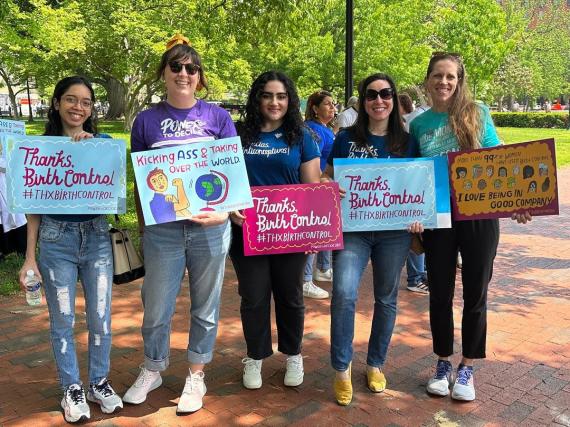Tips for Talking to Young Adults
Are you a champion to a young person in your life? Champions can be parents, guardians, coaches, mentors, or other family members that a young person trusts to speak openly and honestly with them.
Young people around age 18 (sometimes called transition aged youth) can think concretely and abstractly about how their current actions will influence their futures. Even so, they still need support in developing these skills. They’re nearly fully developed physically and much more mature emotionally than at any previous point in their lives. However, they’re still clarifying their own values and beliefs. Use the tips and guidelines below to start important conversations early, plan for the future, and build trust with your young adult.
Assume No One Else is Talking to Them About Sexual Health
Talking to your young person about healthy relationships and sex is normal. Still, it’s better to assume that no one else is discussing sexual well-being with them than to think that it’s someone else’s job and letting them fend for themselves. To ease your way in, incorporate little discussions about sex, love, and relationships into other, tangential conversations about TV shows, social media, or music.
Let’s Talk About Sex, Baby!
While it’s fair to encourage young adults to wait until they’re both physically and mentally ready to have sex, make sure you don’t imply that having sex is negative or something to feel guilty about. Also, be careful not to assume that they haven’t already had sex (or engaged in some type of sexual behavior). Folks taking their first steps into adulthood are often sensitive to these sorts of connotations and your words can impact what they feel comfortable talking to you about in the future. De-stigmatize talking about sex, sexual and reproductive health, and birth control. By encouraging and engaging in candid, open conversations with your young person you can normalize the topic and build trust.
Fact vs Fiction
Research has consistently shown that while young people learn about sex from a variety of sources (friends, TV, social media, etc.), they want to hear about sex from the champions in their life. Utilize conversations about sex, love, and relationships to influence their knowledge about sexual health in a positive way.
Check out all our Talking is Power resources for more information.



